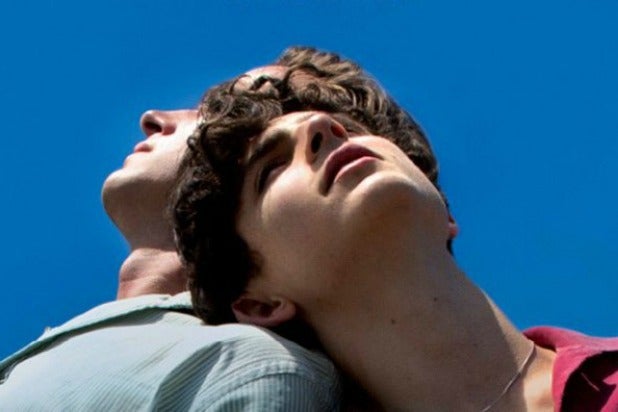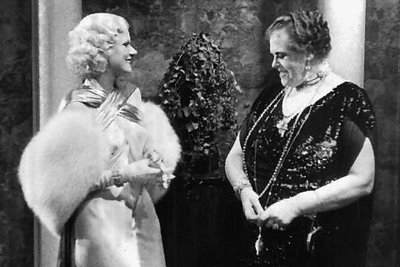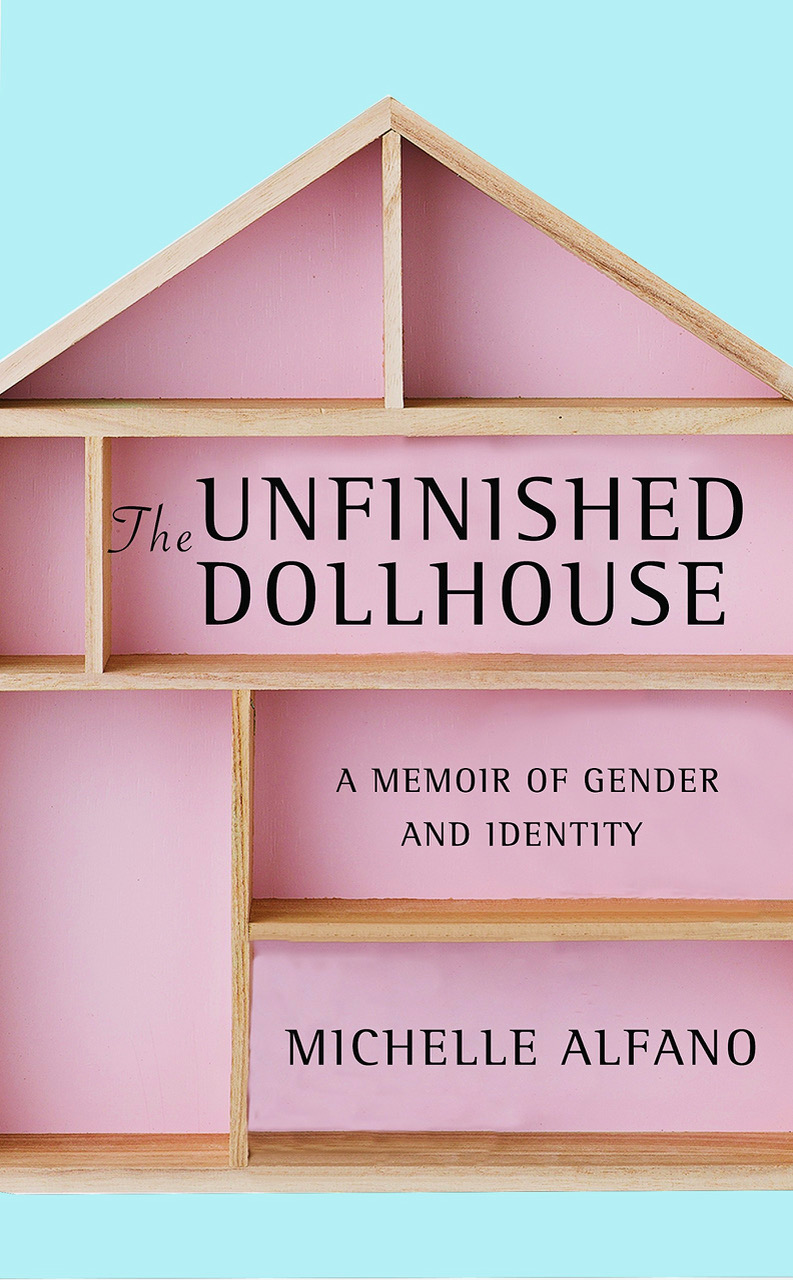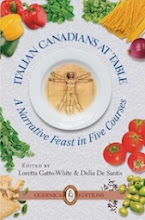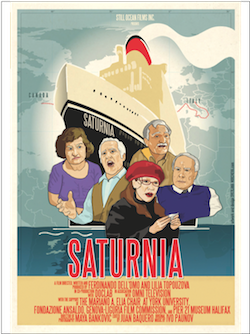He looked at her as a man looks at a faded
flower he has gathered, with difficulty recognizing in it the beauty for
which he picked and destroyed it.
Anna Karenina by Leo Tolstoy (Originally
published 1873 - 1877 in serial instalments; re-published by Penguin Group,
2000) translated by Richard Pevear and Larissa Volokhonsky, 838 pages
It pleases me to remember something that I
read about Tolstoy during the writing of this book ... apparently Tolstoy did
not much like his heroine when he began writing the book, finding Anna's
infidelity disturbing but as time went on he grew to love her and accept her
indiscretion and, perhaps conversely, her courage to act on that indiscretion.
We begin the book as Anna has come to
Moscow to mediate between her brother Stepan (Stiva) Oblonsky and his wife
Darya (Dolly). Stiva has had an affair with the governess and Dolly has just
found out. Anna tries to persuade her sister-in-law to forgive her husband.
Aside from introducing Anna to the story, this subplot serves another important
function: it contrasts the repercussions of the infidelity of the brother,
Stiva, with the repercussions of the future infidelity of the sister, Anna.
Anna's fate is ultimately tragic while Stiva's infractions are seen as minor
dalliances that, if Dolly were sensible, she would ignore.
The accidental meeting of the future lovers
at the train station - where Vronsky has gone to
pick up his mother and Stiva has come to
meet Anna - introduces the first element of tragedy with the gruesome death of
a train station worker caught beneath the wheels of an oncoming train. The
death sends a chill through Anna who sees this as a terrible omen. The novice
reader will wonder at her fright; the seasoned reader will shudder at the
reminder of the novel's denouement.
Alexei Karenin's prissy greeting to his
wife Anna in the train station, "Tell me Anna, am I not a good
husband?" cements our resistance to Karenin (I cannot envisage the husband
without thinking of Basil Rathbone in the 1935 version of the film) who stands
in vivid contrast to Vronsky, passionate, intense, quickly approaching to the
train officials to give them money for the family of the worker who has been
killed. The gesture may be false but it enthrals Anna and the reader, albeit
momentarily. Or when he boards the train to St. Petersburg because he says,
"I cannot do otherwise." Passion is the greatest aphrodisiac.
The train sets the stage for three key narrative points: the ominous death of the railway worker when Anna and Vronsky meet, the scene where Vronsky reveals his love for Anna when she returns to St. Petersburg on the train and the final scene in which we see Anna before her death.
Soon after, when Vronsky rebuffs Kitty,
Dolly's sister, for Anna at the much anticipated ball, Kitty suffers a
devastating blow to her ego, expecting a proposal but recognizing with shock
that Vronsky has fallen for the much older Anna. The awkwardly sincere Levin,
who has proposed to Kitty, shamefacedly retreats to his country estate, knowing
that Kitty has fallen in love with Vronsky and has refused his proposal.
In my initial readings (this is my fifth
time reading the book) I often wondered why so much time was spent on the Levin/Kitty
relationship aside from the fact that Levin so very obviously stands in for
enlightened aristocrat and landowner Tolstoy himself. I was frustrated by the
minute accounts of Levin's activities versus those of Anna's lover Vronsky's
more frivolous ones. Now I understand the need for this contrast. Levin cares
for his land and his muzhiks (peasants) while Vronsky entertains foreign
princes, mediates disputes between officers trying to seduce a third man's
wife, socializing with fellow officers, squandering his fortune and squabbling
with his overbearing mother.
Levin is stalwart; Vronsky is fickle.
Levin is plain speaking, awkward, socially inept but
honest. Vronsky is charming and seductive
but shallow. Vronsky is handsome and suave while Levin is misanthropic and
moody. True, Vronsky's sexual passion initially overwhelms the reader. His
passion for Anna is "like that of a man suffering from thirst." He
turns our head ... after all, passion is the greatest aphrodisiac.
There are several keys to understanding how
Vronsky feels about Anna, his married lover, and Alexei Karenin, the betrayed
husband. When Vronsky first encounters Anna's husband Karenin he feels a sense
of repulsion, as if someone has "sullied a spring that he thought pure".
He wants something that is not rightfully his.
 |
| Garbo and Frederic March as Anna and Vronsky (1935) |
The other key scene is the death of
Vronsky's race horse, Frou Frou, that Vronsky literally rides to its death. It
is easy to interpret this as a metaphor for his doomed relationship with Anna.
Anna is an object of desire - a beautiful, treasured object but an object
nonetheless - who is destroyed when she is no longer desired. He has gone from
a frivolous young man to a fully cognizant participant in the destruction of
Anna's marriage and her life.
"For the first time in his life he had
experienced a heavy misfortune ... " He speaks of Frou Frou's death but
for us, the readers, we understand the import of what is to come ...
After Kitty recovers from her heartbreak at
a German spa, she crosses paths with Levin again when she travels to Dolly's
country house. Levin, whose love is both seemingly unrequited and unresolved,
is both terrified and thrilled to find Kitty so close to home. Kitty has
recovered fully and now sees Levin in a new light; she sees his worthiness and
superiority to Vronsky.
Anna becomes more and more mired in scandal
confessing that she is pregnant with Vronksy's child after her intense public
reaction to Vronsky's fall at the races (where Frou Frou dies) and Karenin
urges her to leave the races. Here, Karenin sees that the rumours he has been
discounting are true. Anna and Vronsky's affair is opposed by high society not
because he is not serious but because he is too serious. It is not "good
form" to wreck one's career (and her marriage to an important government
official) over a sexual passion. Pregnant, Anna confesses her state to Karenin
and that she does not love him, forcing him to stipulate that she must conceal
her affair or face the consequences.
At a crucial point, we see how Vronsky
wavers in his love for Anna ... precisely when she confesses her passion to her
husband. Vronsky quickly learns as his cynical colleague concludes, "It's
hard to love a woman and do anything." She sees their passion as a life
changing event that she would never forgo; he sees it as an impediment to his
career. He has irrevocably destroyed her old life and while Vronsky can proceed
with virtually all aspects of his life, Anna can proceed normally with no
aspect of her life. Anna's image of Vronsky is romantically fantastic,
literally: As at every meeting, she was bringing
together her imaginary idea of him (an incomparably better one, impossible in
reality) with him as he was.
And yet what Vronsky sees is closer to the
truth: He looked at her as a man looks at a faded
flower in which he can barely recognize the beauty that had made him pluck and
destroy it ... but now ... that he felt no love for her, he knew that his bond
could not be broken.
When Karenin sees that Anna has defied his
wishes and permitted Vronsky to enter their home, he moves forward with his
plan to divorce Anna. She has a premonition that she will die in child birth
carrying Vronsky's child. Anna's dream of the foul muzhik disturbs and haunts
the reader as it does Anna. Frighteningly, her lover has a similar dream that
he does not reveal to her.
 |
| Vivien Leigh in the 1947 version |
At the exact centre of the novel two
pivotal events happen: the engagement and marriage of Kitty and Levin, and Anna
gives birth to her daughter Annie, falls into a delirium and nearly dies.
Levin, initially depicted as a well-meaning but bumbling lover, shines in his
love for Kitty. This comes as a revelation to me - a middle-aged married women
having read the book several times - I see Levin differently, now valuing his
constancy and genuine love for Kitty.
It's as if Tolstoy is pointedly telling us
that this is what true love brings (Kitty and Levin) and this is what misguided
sexual passion brings as well (Anna and Vronsky).
Karenin and Vronsky reconcile somewhat -
Karenin is abashed by Anna's humility and guilt in the delirium that follows
the birth. Vronsky is also chastened by Karenin's magnanimity. Vronsky, finally
shamed and horrified by his position, tries to kill himself but fails. Karenin
is more than the set of cliched villainous characteristics that Anna despises -
he feels the suffering of both his unfaithful wife, her distraught lover as
well as the tiny infant who languishes without her mother's care.
After Anna's illness, Karenin agrees to let
the couple travel to Italy with the baby Annie (whom Karenin, surprisingly, has
come to surreptitiously love - another lovely nuanced scene that adds layers to
the image of the emotionally constricted Karenin) and the couple leads a
seemingly bucolic life but one that presents difficulties for both lovers.
Vronsky, no longer the passionate, illicit
lover but now the common-law, dutiful husband, is bored and isolated; Anna is
moody and fearful of losing Vronsky's affections. He takes up painting in Italy,
she pines for something more but it is difficult to say what. Her son? Her lost
respectability? Normalcy in their relationship?
The dutiful Kitty serves as a counterpoint to Anna in the narrative- forgoing a honeymoon to return to the country with Levin and then tending to Levin's irascible, dying brother while Anna is perceived as having abandoned her son Seryohza while in Italy.
When Anna and Vronsky return to St. Petersburg, Anna longs to see her son Seryohza (who has been told that his mother is dead) but
must ask for written permission from the sanctimonious Countess Lydia Ivanovna
who has taken over the despairing Karenin's affairs. Of course, she is
forbidden access but Anna decides to enter the house despite the trepidation of
the servants who do not dare refuse her. This scene causes more emotional
anguish in me than all the other scenes combined. Each succeeding reading, more
so. Firstly, I felt for Anna as the disgraced wife and "unfaithful"
woman; now, I feel for her as the mother who has abandoned her child.
 |
Sophie Marceau in the 1998 film |
Seryozha is shocked, delighted, to see his
mother on his birthday. Anna is ecstatic but fearful. She flees only when
Karenin, largely silent and impassive, enters Seryozha's bedroom and encounters
them there. Anna leaves in shame and mortification, having forgotten to bring
Seryozha's toys that remained in the carriage.
This disappointment engenders a sort of
defiance in Anna ... the more she is scorned by society, the more determined
she is to flout convention. She asks to be taken to the opera by one of
Vronsky's friends. She is particularly beautiful this evening. Vronsky opposes
this public outing knowing that Anna likely will be insulted by her former
friends and acquaintances. He is not wrong. Deciding to join her at the last
moment, he sees her being shunned and humiliated by a former acquaintance.
Something breaks in Anna. Now she fully
realizes that she has reached a point of no return in Russian society.
This compels the couple to reside in the country where they can surround themselves with sympathetic
family and acquaintances - largely those who profit from the couple like the
German steward of their estate, a local doctor who is helping Vronsky build a
hospital for the muzhiks, an architect and a parasitic and disreputable
relation of Anna's - the Princess Varvara.
When Dolly comes to visit her sister-in-law Anna, she is initially filled with admiration and awe for their lavish
lifestyle and Anna's still evident beauty, which seems have grown with her
isolation and condemnation from society. Dolly compares her life of financial
worry and anxiety about the children, her loss of looks, her worries about
Stiva's fidelity with Anna's own situation. But this impression does not last.
Whereas, Levin ceremoniously ejected one of Stiva's friends from his home for
shamelessly flirting with Kitty, Vronsky seems to neither care nor notice the
same behavior in his own home with Anna. Little by little we see the difference
between the two men.
 |
Keira Knightly
in the 2102 film |
By the time she is ready to leave Dolly
feels that Anna's position is a lonely one, a false one, where Anna seems to
have no real emotion for her daughter and is ever fearful of losing Vronsky's
love. Anna now lives only to please Vronsky but her actions fail. He is
determined that Anna will not restrict his "masculine independence":
Vronsky appreciates Anna's desire not only to
please, but to serve him, which becomes the sole aim of her existence, but
at the same time he wearies of the loving snares in which she tries to hold him
fast. As time goes on ... he has an ever growing desire, not so much to escape but to try and see whether she will hinder his freedom.
When Levin and Kitty come to Moscow for the
birth of their first child, Levin and Anna's paths finally intersect,
introduced by Stiva. Initially, Levin is charmed by his encounter but when he
sees Kitty's horrified face as she learns of their meeting, he fears that he
has erred in agreeing to the meeting. Was this Tolstoy's feeling as well? That
he had been seduced by Anna against his better judgment?
Anna's trust in Vronsky falters, eroded by
her loneliness, isolation, unfounded jealousy and fear of the future. She
finally agrees that she must have a divorce from Karenin, which she is
resisting as it means that she will never have access to her son, and her brother
Stiva is sent as an emissary. But Karenin has adopted a more vindictive stance,
refusing to grant Anna one.
This insecurity propels Anna into a series
of hysterical and irrational arguments with Vronksy who is hardening towards
her. For the first time she entertains thoughts of death that not even the
nightly doses of opium can assuage. Vronsky leaves for business with his mother
and Anna decides to visit Dolly. With the presence of Kitty there, Anna turns
mean-spirited - perhaps ashamed before, or chastened by, the innocent Kitty who
still bears a grudge against Anna.
Some impulse drives her to take a train to meet
Vronsky at his mother's estate (fearing that his mother is plotting to have him
married off to Princess Sorokin's daughter) but Anna is inflamed and confused.
Her thoughts are scrambled, hostile, addled. At the station, reminded of the
incident with the doomed railway worker the day she met Vronsky, she makes a momentous decision.
Each time I read Anna Karenina, I have a
remarkably different response to it. Initially, I was overwhelmed by Anna and Vronsky's passion. On
second reading, I was chastened by Anna's surrender of her son to this passion.
I could not imagine doing so. Upon further readings, I was angered and somewhat
perplexed by the choices that Anna makes that bring her to her fate.
And yet she moves me enormously as do all
the principals characters ... Vronsky, Karenin, Seryozha, Dolly, Kitty, Stiva.
But Anna, my Anna, if only it was not so.
